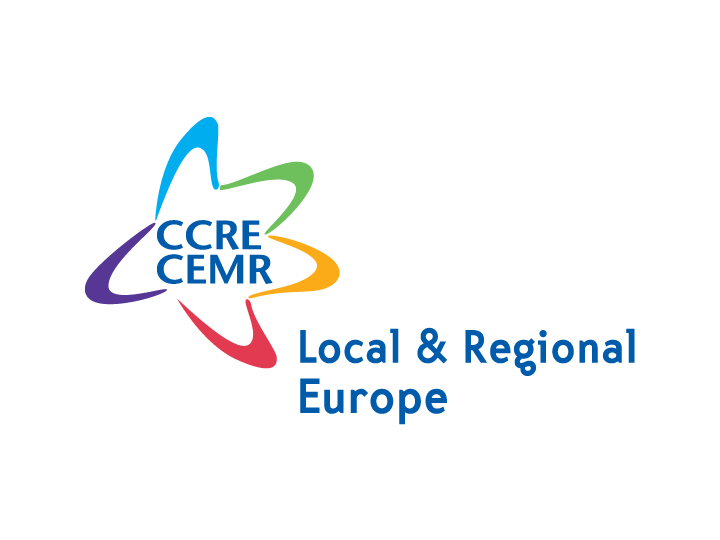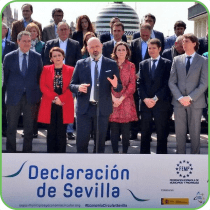Wrap-up of the final conference of the “Future of the workplace” project
Such was one of the conclusions reached by the 120 European sectoral social partners from some 30 countries who attended the final conference of the project “Future of the workplace” held in Prague, Czech Republic on 15 October 2012.
The conference aimed at discussing the anticipation of change and modernisation of the local and regional government sector workplace, notably in three key areas: equality and non-discrimination; migration and mobility; as well as recruitment and retention of young and elderly workers.
Equality, diversity and non-discrimination
“Women are more affected by the cuts administered in local and regional government administrations as they are more present in the public sector workforce and tend to use public services more than men,” underlined Carola Fischbach-Pyttel, secretary general of the European Federation of Public Service Unions (EPSU).
For his part, Robert Anderson from the European Foundation for Living and Working Conditions (Eurofound), underlined that an increase in female employees in the 55 to 64 age group was identified and that this trend is on the rise. However, little attention is being paid to this change in the workplace’s gender balance.
Migration and mobility with the local and regional government sector
According to Lionel Fulton from the British Labour Research Department, there are no Europe-wide and few national statistics on migrant workers in local and regional administrations, Sweden and the United Kingdom being the exception.
Moreover, Steve Comer, CEMR chair of the European social dialogue committee, underlined that EU migrants and children of migrants often do not qualify themselves as such yet they can often be subject to discrimination. We therefore cannot cut this lot out of the debate if we are to address the challenges and issues at hand.
Participants also underlined that while many administrations believe their staff do not require equality and non-discrimination training as they are sufficiently open-minded, we need to challenge our views. Thus, they suggested that every employee receive this kind of training.
Recruitment and retention of young and elderly workers
According to Eurofound’s presentation at the conference, 34% of people in the EU say they want to keep working past their pension age, and only one fifth of those for purely financial reasons (versus one third of young people).
Thus, participants agreed that we need to allow the elderly to work longer if they wish. They also declared that we should focus on the skills young workers have rather than those they lack and make sure that they do not bear the burden of the crisis.
Project background
CEMR and EPSU won the leadership of the EU project “Future of the workplace: providing quality jobs, modern and sustainable workplaces in local and regional government” at the end of 2011.
The project began in January 2012 and aimed at contributing to the creation and maintenance of quality public services via a sustainable workforce. Its main objective was to further explore future workplace needs, while developing the social dialogue between trade unions and trade employers' organisations in the local and regional government sector at both national and EU levels.
The future of the workplace is a vital theme as severe changes are currently being implemented in local and regional administrations, such as the sector’s reduced financial capacities, demographic and societal changes, changing work patterns and the need for the reconciliation of work, family and private life. The successful implementation of sustainable solutions therefore depends on discussions and recommendations put forward by both employers and trade unions, which are thoroughly supported by this project.
rn

Climate, Sustainable Finance Officer





